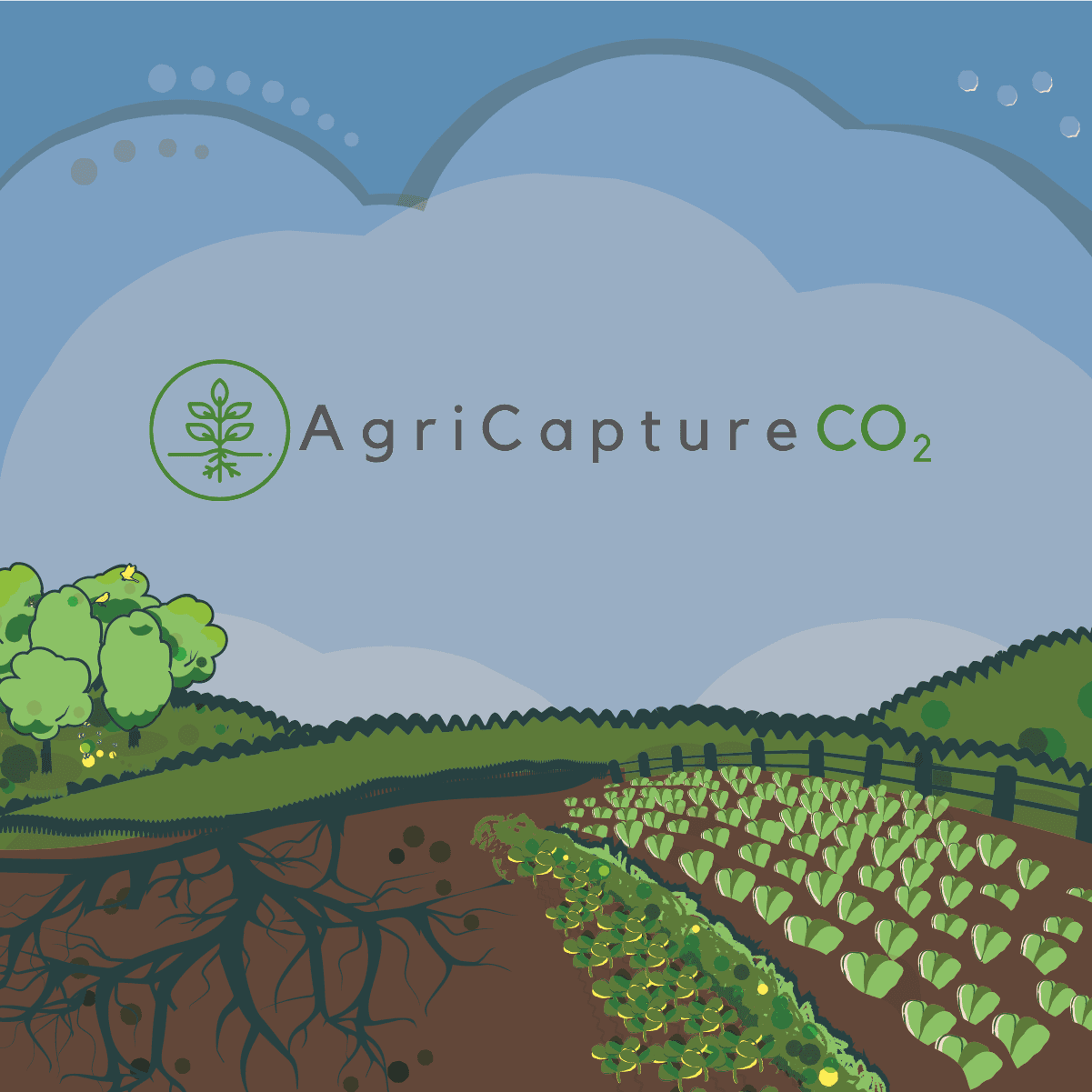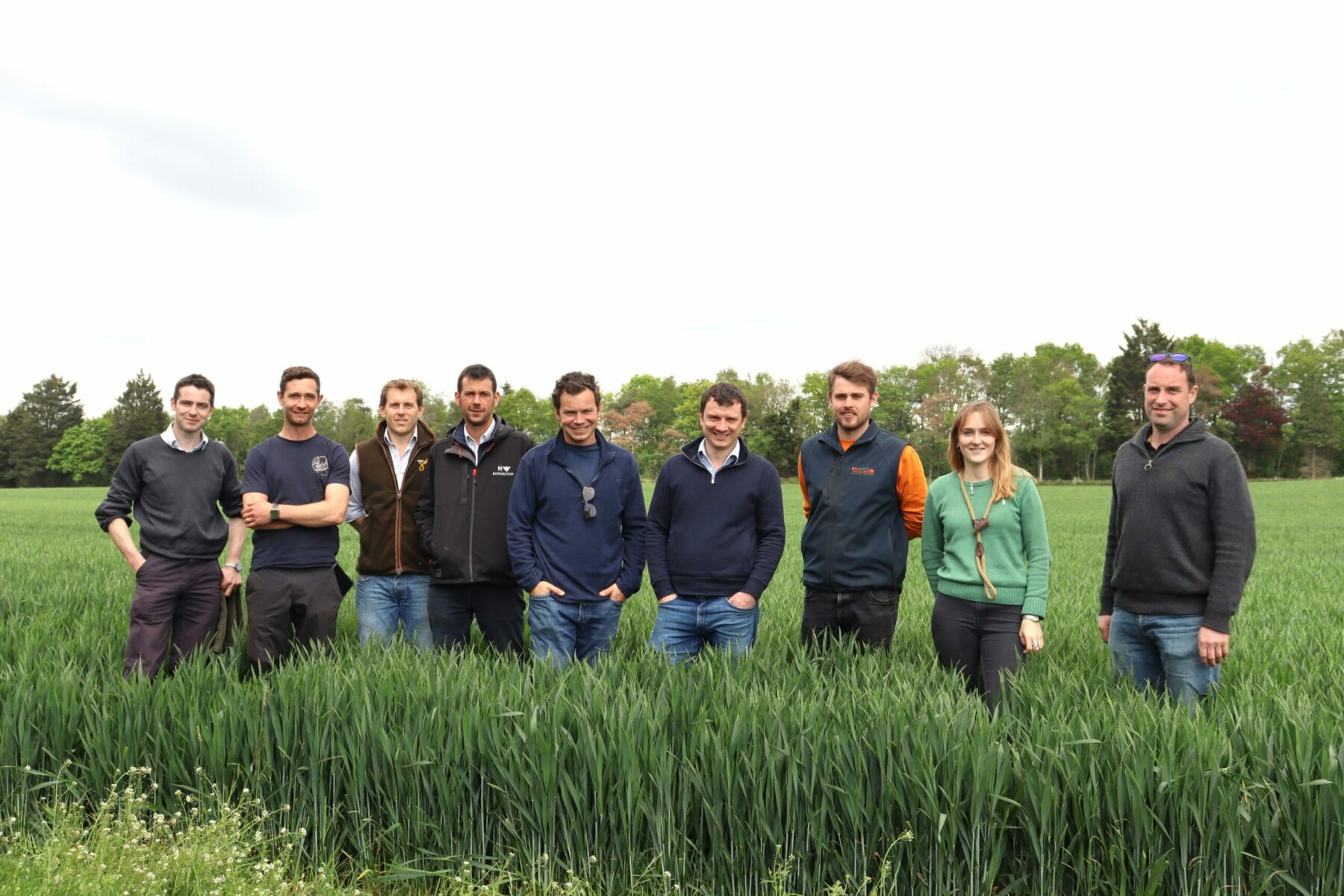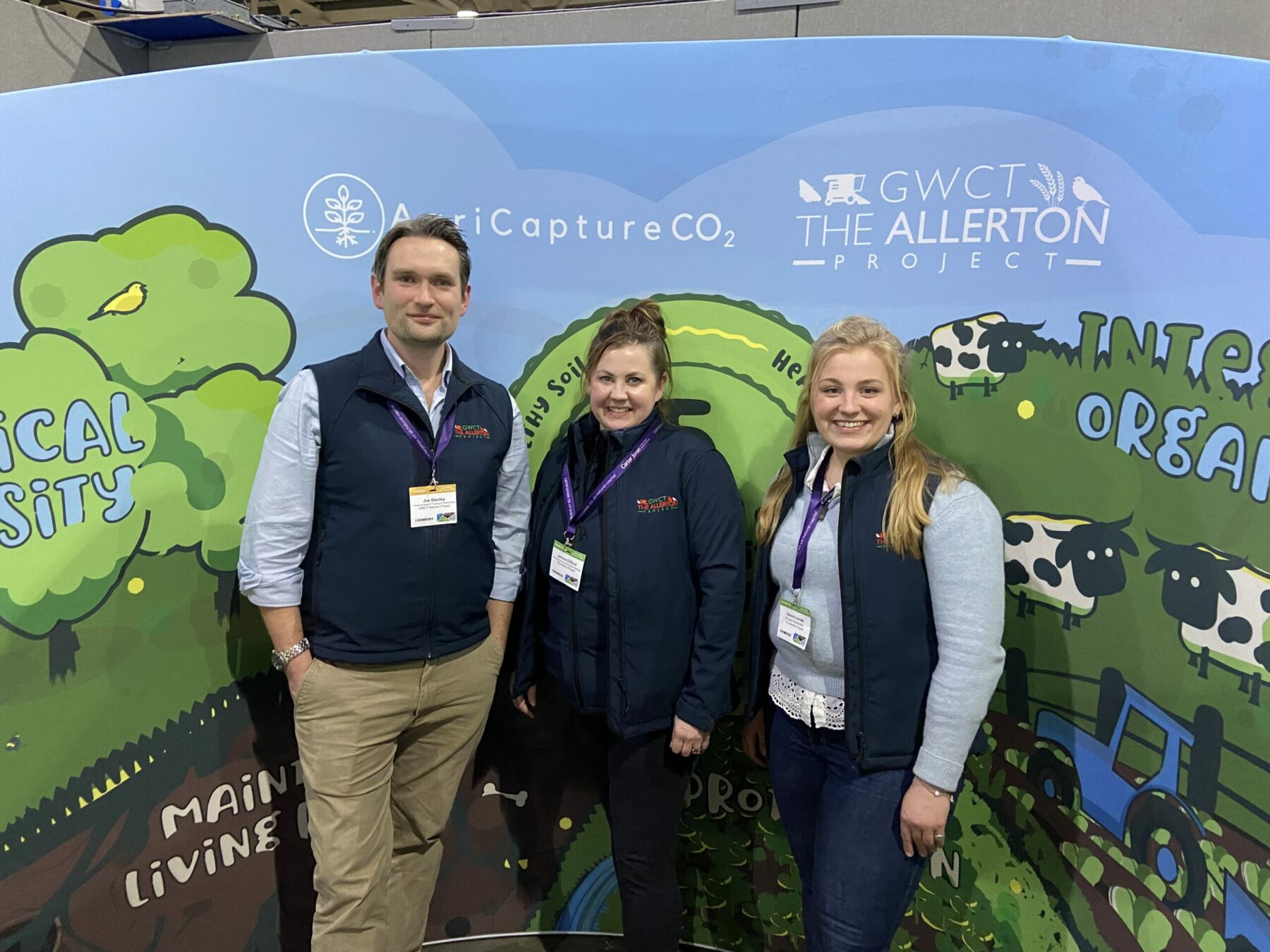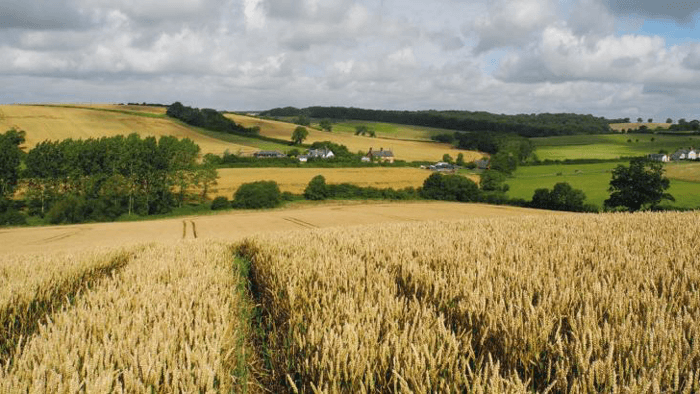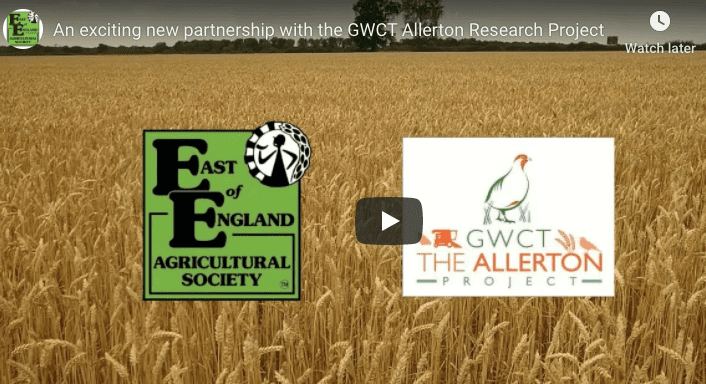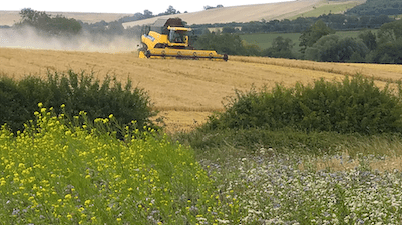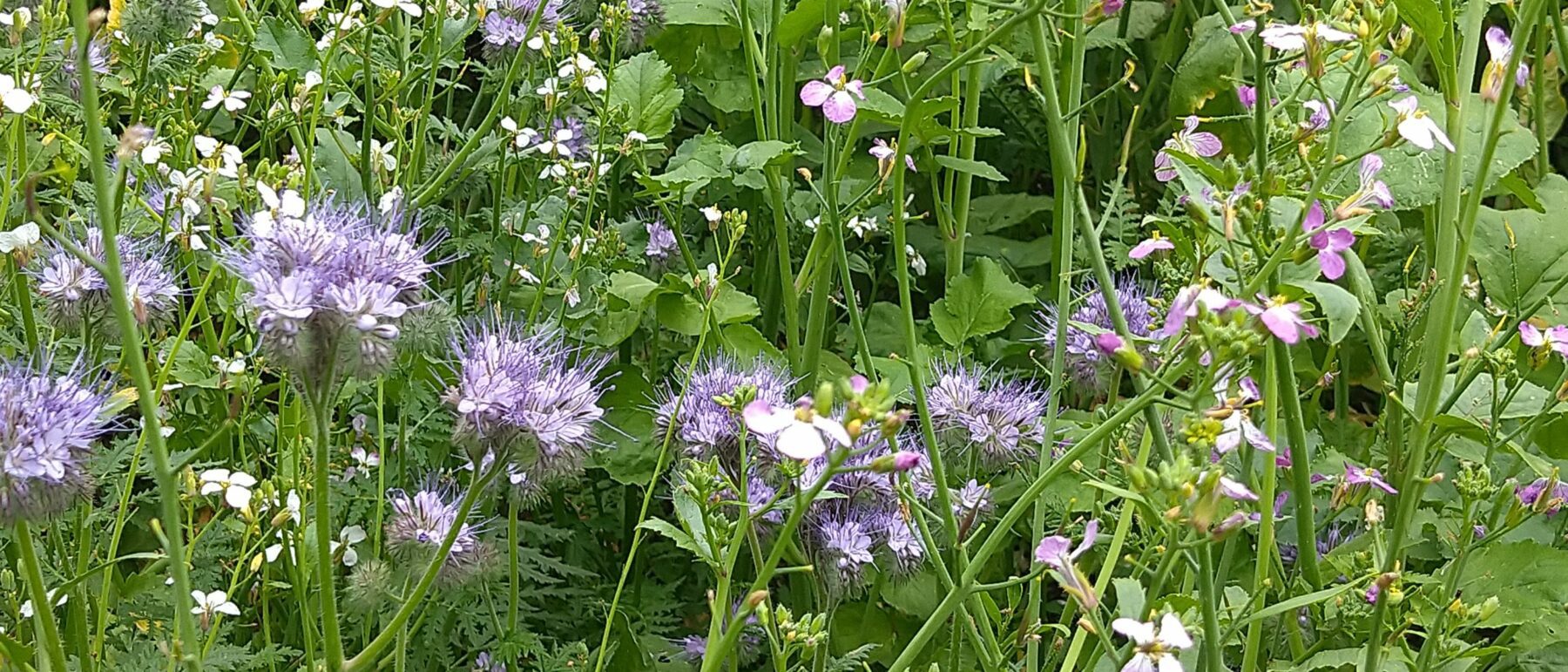These are challenging times, with a virus pandemic affecting both the country and indeed the world’s population. Finally a break in the weather and it’s all systems go at the Allerton Project.
For the first time in 28 years no winter cereals were sown on the farm. This was in part due to the planned delay in Autumn 2019 drilling for blackgrass control, then increasing rainfall left our heavy Denchworth and Hanslope clays unworkable.
The wet weather has forced several changes to cropping on the farm, spring crops of barley, oats, beans and wheat have been drilled over the last week. Seedbeds vary and as you might expect, the heavier the land the more difficult it has been for our direct drilled approach. With the dry spell now evolving, the timing of rolling after sowing is paramount. Retaining moisture is key as seedbeds dry out, but go to soon on heavy clay and it’s like rolling out plasticine.
In a change to our normal plans, several headlands have been left undrilled. There are two reasons for this, one is poor seedbed conditions and secondly there will be lower yields and won’t justify the crop inputs we are likely to spend. So the options for these headlands are a summer legume mix for pollinators, soil structure mixes or some straight mustard or phacelia.
The work we do now, will grow the food we need for the future. So, key research projects have been sown, monitoring and demonstration can continue, let us hope for a healthier future for all as we charter these difficult times.

